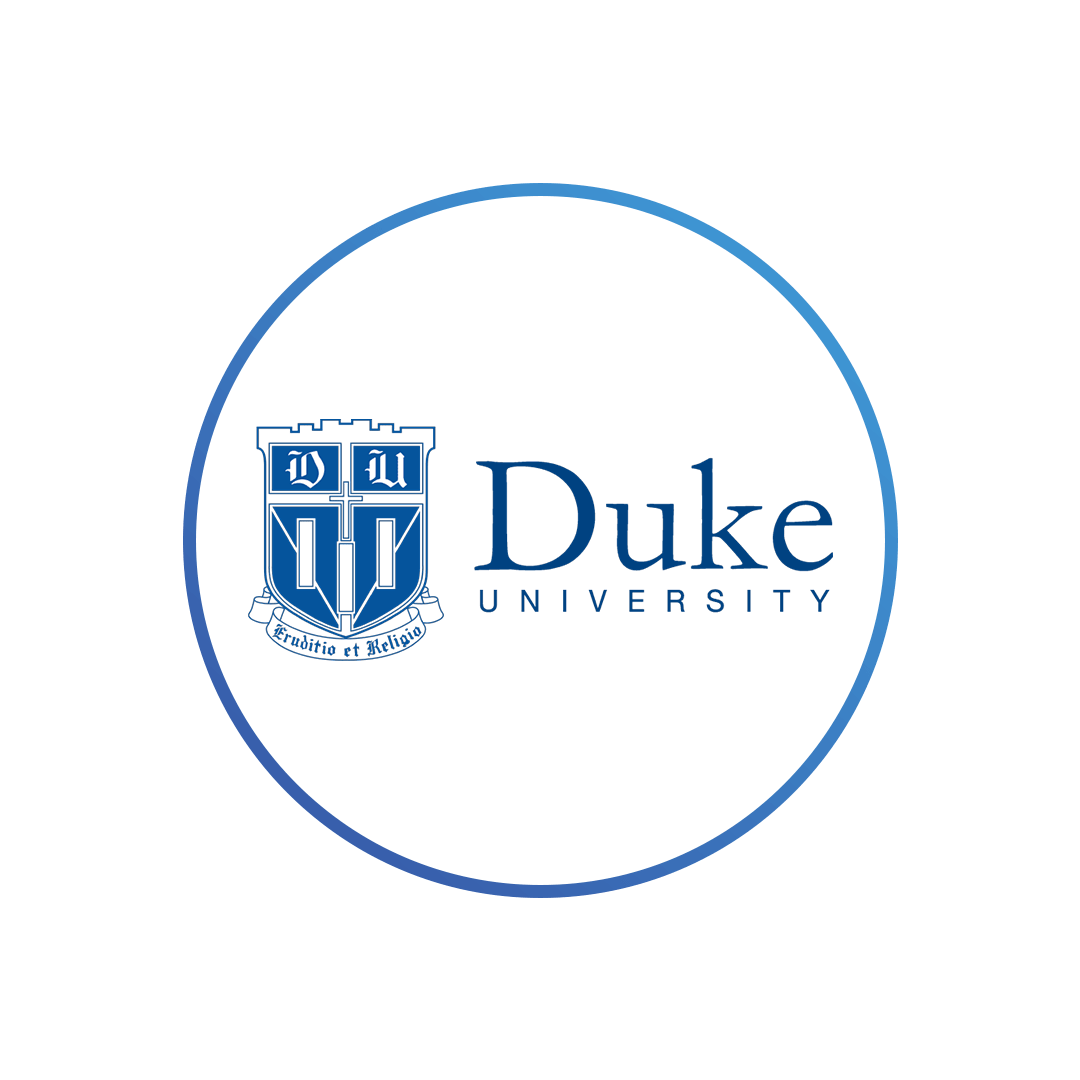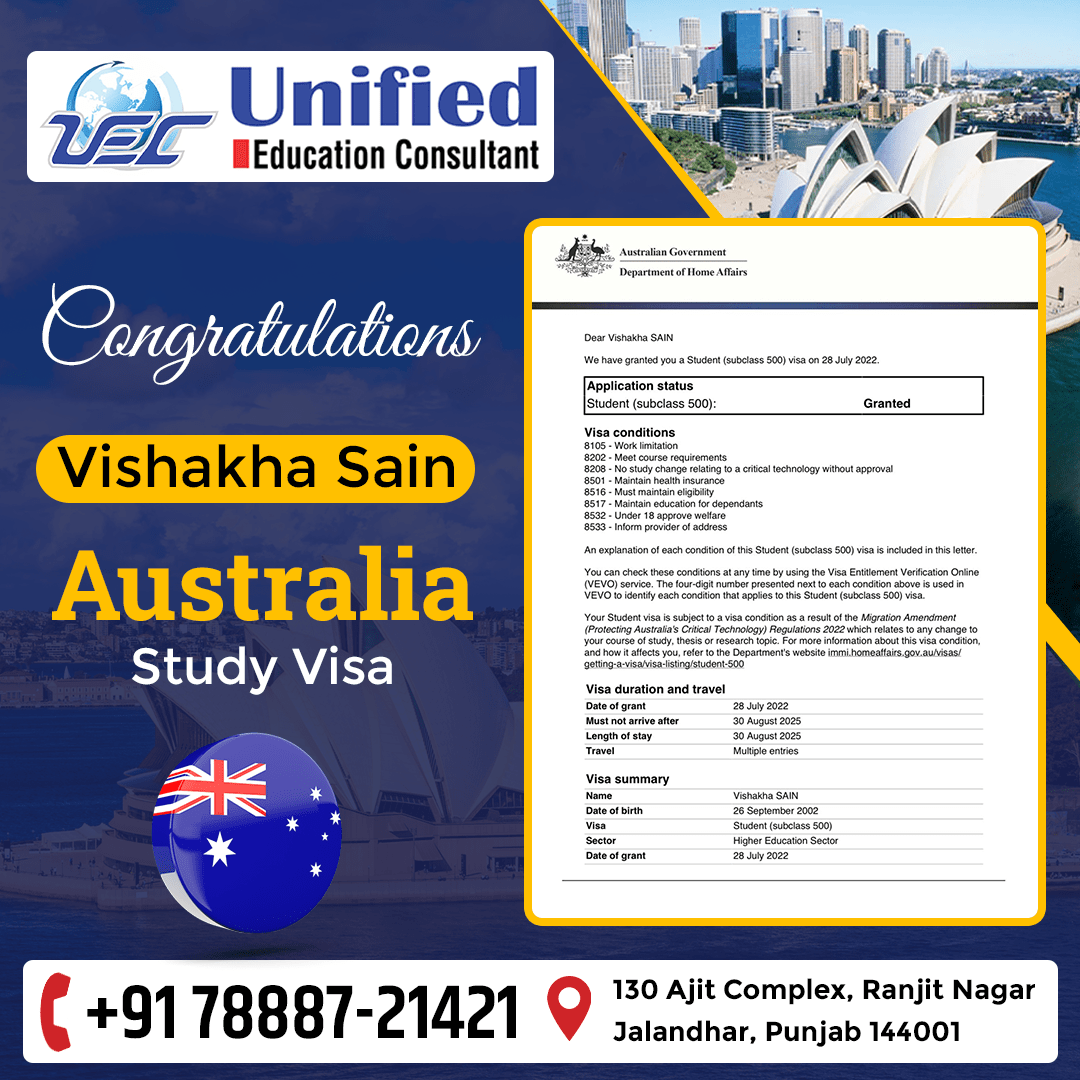
STUDY IN NEW ZEALAND
WHY STUDY IN NEW ZEALAND?
In today’s time, students across the globe have a number of options when it comes to studying abroad. Even though many countries offer students remarkable opportunities for holistic development, few compare to the facilities in New Zealand.
The nation is fast emerging as a global academic hotspot and to support this claim, we list below 8 reasons why New Zealand is such a great option if you want to study abroad.
Top ranked universities
According to the Times Higher Education World University Rankings, 7 New Zealand universities are ranked in the top 500 universities worldwide. These are the University of Canterbury, University of Auckland, University of Otago, Victoria University of Wellington, Auckland University of Technology, Massey University and the University of Waikato.
A degree from one of these institutions can give your career just the boost it needs.
High academic standards
The top universities of New Zealand have a special reputation for providing excellent theoretical and practical knowledge in various courses. In particular, New Zealand is known for its degrees in business, accounting, agriculture, tourism and design.
For example, the University of Auckland is counted among the top 200 universities of the world for its business and management as well as accounting courses, while the University of Canterbury is ranked among the top 400 universities worldwide for its agriculture and farming courses. (Source)
Student-friendly visa procedures
If you are enrolled in a course lasting for more than 3-months, you need a student visa. New Zealand routinely upgrades its visa application process to make it more student friendly. More than 90% of the student visa applications are processed within 20-30 days.
The government also welcomes foreign students to stay back after completing their graduation. For students with no job offers, New Zealand government provides a working visa (open) for a period of 12 months during which students can work temporary jobs in the country.
As soon as they gain employment in a qualified field, they need to apply for a Graduate Work Experience visa (granted for a period of 2 years). (Source)
A great place to set up a business
Time and again, the World Bank has rated New Zealand as one of the easiest places to start a business in the world. The quality of life is one of the best in terms of economy, health, safety, education, governance etc. All these factors play a great role in encouraging more students to apply to universities in New Zealand.
Warm and welcoming
New Zealanders have a reputation for being helpful and welcoming towards immigrants. Most of the time, the locals extend a helping hand to the foreign students to make it easy for them to adjust to the cultural shock.
Safe to live and work
The Global Peace Index 2017 ranked New Zealand 2nd out of 163 countries for state of peace. This peaceful nation offers a high sense of security to foreign students, especially female students.
Beautiful surroundings
New Zealand is a clean and green country. Its scenic beauty and exceptional natural environment offer a great sense of delight to foreign students. Places such as Milford Sound, Fiordland National Park, and the bay of islands are some popular tourist destinations. Fans of ‘The Lord of the Rings will know what we’re talking about.
You can afford it
The average tuition fees in New Zealand for various courses ranges from US$ 15,000 to US$ 19,000. This is cheaper and more affordable as compared to the tuition costs in the USA (starting around US$25,000), Australia (US$ 16,000 to US$ 29,000) and the UK (starting around US$ 18,000).
So it’s great quality at a great price.
REQUIREMENTS TO STUDY IN
NEW ZEALAND
Which English Test is Required for New Zealand?
In a country with English as the official language, it is highly crucial that an overseas student be able to learn English. There is no exemption in New Zealand. A student must give the test and receive the minimum IELTS Score for New Zealand needed by the chosen University of New Zealand for a particular course. This qualification is necessary for student visas to New Zealand not just while applying for universities.
IELTS New Zealand
It is not difficult to enter New Zealand schools, however, there are particular needs that you need to comply with, one of which is to verify your English language skills are minimal. Depending on your desired degree and between colleges the IELTS Score requirements vary. The solution is clear – colleges only accept IELTS Academic! If you still decide between IELTS Academic and General Training, the answer is straightforward.
IELTS Score for New Zealand
The IELTS score required for New Zealand is 6.0 and no band of under 5.5. In nations such as NZ, the UK, Canada, and Australia, IELTS is an official language test for most institutions, which have English as their official language. It evaluates your abilities in academic or general training situations to read, write, talk and listen.
The general New Zealand language and academic requirements are as follows:
S.NO | Program to Study | Minimum IELTS Score for New Zealand |
1 | Diploma L5 & L6 | 6.0 with no band less than 5.5 |
2 | Bachelor L7 | 6.0 with no band less than 5.5 |
3 | Graduate Diploma L7 | 6.0 with no band less than 5.5 |
4 | Post-graduate Diploma L8 | 6.5 with no band less than 6.0 |
5 | Master Programme L9 | 6.5 with no band less than 6.0 |
Is it Possible Study in New Zealand without IELTS?
Yes, provided you succeed in satisfying certain additional entrance criteria, an overseas student can be studied in New Zealand without IELTS. The New Zealand institutions employ many factors to evaluate the English skills of prospective students and IELTS is just one. While it is the best evaluation method, students are still admitted as long as they have the necessary skills and can demonstrate that any alternative language skills are fulfilled.
List of Universities in New Zealand without IELTS:
Some New Zealand universities can be used without IELTS by a student in New Zealand. Be aware that the universities evaluate the application individually and it is necessary to examine the courses and requirements of institutions immediately before applying on the university website. The university department can also be contacted to verify the criteria.
- University of Auckland
- University of Otago
- Canterbury University
- Lincoln University
- Unitec Institute of Technology
Read More About IELTS
TOEFL (Test of English as a Foreign Language)
TOEFL is also evidence of English academia approved from New Zealand colleges close second to IELTS in terms of popularity. Most students choose to take the TOEFL iBT over the PBT and CBT test formats. INR 13,518 is needed for the examination, which includes four sections: reading, writing, hearing, and speaking. Up to a total score of about 80-90 universities should not be older than two years.
Is TOEFL accepted in New Zealand?
YES! Visas are also approved for TOEFL Scores (with the exception of the iBT Home edition), with a cut-off total of 79.
Read More About TOEFL
Which one to opt for, IELTS or TOEFL for New Zealand?
As a component of your application to an English-speaking institution, either the IELTS or TOEFL is needed to establish if the course material is likely to be understood.
The IELTS and TOEFL examinations are two of the most well recognised English assessments. However, in their exam structures, methodology and educational requirements, both of these assessments are different. This means that before you choose which exam to think for and at last take, you need to see how the two contrast.
University | IELTS Score | TOEFL iBT Score | ||
UG | PG | UG | PG | |
University of Auckland | 6.0 | 6.5 | 80 | 90 |
University of Otago | 6.0 | 6.5 | 80 | 95 |
University of Canterbury | 6.0 | 6.5 | 80 | 90 |
Victoria University of Wellington | 6.0 | 6.5 | 80 | 90 |
University of Waikato | 6.0 | 6.5 | 80 | 90 |
PTE (Pearson Test of English)
PTE Academic test is one of the convenientest tests for computers at a recognised test center in 3 hours and the three sections – Speech & Writing, Reading and Listening. PTE has been recognised in New Zealand as the most recent addition to the English language skills testing list. It is approved by all universities in New Zealand and other universities around the country.
You will be able to obtain the results in 48 hours’ time, and without paying more than the usual exam price, the findings may be submitted to as many universities as you like.
How many PTE Scores are required for New Zealand?
For undergraduate studies a minimum PTE Score of 50, while for foreign students a minimum of 64 for Master’s Courses is allowed in New Zealand. The PTE requirements for New Zealand (visas) are 58, compared to 50-58 from universities in New Zealand.
S.NO | Program to Study | Minimum PTE Score Required for New Zealand |
1 | Undergraduate | 50 |
2 | Postgraduate | 64 |
IELTS or PTE for New Zealand?
One of IELTS or PTE, which English exam is easier? The most common questions all time? PTE is a computer-based examination, which implies that the test is done on a computer and also based on a computer. In contrast, IELTS is a written examination and an examiner is examined. Practice material is accessible, however the official IELTS does NOT provide mock exams.
Are you more comfortable reading a passage and speaking into the microphone or Would you rather prefer speaking to an actual person?
It can often be nervous to speak with a real person. For instance, it may not be easier to think of things to say on a certain topic. In this scenario, only a certain portion in PTE must be re-aloud.
Do you want to type comfortably? You don’t need to be a whiz but ensure that you have a proper type speed when you choose PTE. Some people like to write rather than type, so choose which fit is your best.
OET New Zealand
OET is a language exam for health professionals who have qualified to practise in a country and want a temporary registration to practise in another country with an English speaking setting. The English OET (Occupational English Test). The test assesses the language skills of health professionals seeking registration and the capacity to practise in an English-speaking setting.
Is OET accepted in New Zealand?
With approval from Immigration New Zealand, overseas medical professionals can now use OET for their visa application and healthcare registration for all major health services boards and councils in New Zealand. OET is a healthcare professional.
OET Score for New Zealand
A minimum score of 350 for each band must be obtained for OET.
GRE for New Zealand
Students interested in applying to academies in New Zealand may require the university of choice to submit their GRE marks. The GRE subject test you take depends on the course you want to undertake, including biological, physical, psychological and mathematical studies. Some of the common streams. The GRE General Test may be chosen by students who take business or legal classes. INR 15,562 is the cost for examinations.
Is GRE required for MS in New Zealand?
In certain of our universities in New Zealand, GRE is necessary for admission to Master’s programs. Applicants interested in studying for a master, master’s degree, MBA or Doctorate can participate in the GRE test.
GMAT for New Zealand
It is suggested that the individual participate in the GMAT programme to complete an MBA in New Zealand or any other undergraduate management school. While not obligatory, several of New Zealand’s leading business institutions offer priority to applicants for the examination. These business colleges require an average GMAT score of 550. Keep in mind that the examination price is INR 18,300, so you might apply for colleges where the examination is not necessary, if you have a low budget.
Is GMAT required for MBA in New Zealand?
A MBA can be a fantastic option in NZ since it has a reputation for good quality education and excellence and is a country that boasts world-renowned MBA providing universities. Most business schools in New Zealand need at least 3-4 years of work experience for MBA admission.
University | GMAT score | Work experience |
University of Auckland | Min. 550 | Minimum of 5 Years |
Victoria University of Wellington | Required | Minimum of 5 Years |
Massey University | Optional | 5 Years |
University of Canterbury | 600 | Minimum of 5 Years |
University of Otago | 550 | Minimum of 3 Years |
University of Waikato | – | Minimum of 3 Years |
UCAT Test New Zealand
University Clinical Aptitude Test is the UCAT standard. The UCAT is a medical, dentistry and clinical studies entry examination for students applying for courses. The exam results are transmitted automatically to the UCAT consortium institutions in New Zealand, which are:
- Auckland University
- Otago University
There might potentially be several tests in Australia for New Zealand. In other words, while New Zealand has fewer universities than its neighbors, the schools are of the highest quality and hence want their prospective students to meet the same standards.
This guide is intended as a general guide only and the information it contains may change. Check that the information is correct by calling the office of Moon Study and Travel.
LIVING IN NEW ZEALAND
Amazing Weather All Year
New Zealand benefits from a temperate and mild climate all year, meaning that there are more days of sunshine than rain. During the winter months, the North Island stays warm and sunny while the South Island can be covered in snow. Nature lovers will enjoy the endless outdoor activities the country has to offer, regardless of the season. Skiing down a mountain in the morning and surfing in the afternoon is definitely possible in New Zealand.
Untouched Nature
Have you ever watched “Lord of the Rings” and “The Hobbit” and admired the natural scenery? Did you know the movies were shot in New Zealand? There are still so many untouched and rugged places, even just a few kilometers outside of big cities. You will feel like an explorer setting foot there for the first time. For a small country, New Zealand has one of the most diverse landscapes in the world. You will find untouched beaches, rainforests, deserts, fjords, glaciers, and mountains.
A Quiet Life with Excellent Work-Life Balance
Life in New Zealand is quiet and relaxed. Big cities are not overcrowded and if you live in the countryside your neighbor’s home might be kilometers away from you. The population density in New Zealand is 18 people per square kilometer (47 people per square mile). In comparison, the UK has a population density of 281 inhabitants per square kilometer (727 per square mile).
The fact that there are not many people you might cross paths with on your daily walk is not the main reason life is quiet and laidback. A healthy balance between work and play is encouraged and working overtime is a rarity in New Zealand. That does not mean that New Zealanders are lazy or unsuccessful. As a less achievement-oriented society, they see everyone as equal regardless of their type of profession or wealth.
Friendly and Welcoming People
Kiwis are generally friendly people, with a laidback and positive attitude towards life. Compared to European countries, New Zealand is still a young country. Even Māori, the country’s native inhabitants, have only been living on the island for about 800 years. Like many other countries, New Zealand bears the scars of colonization with a society almost entirely composed of immigrants. Kiwis however, don’t delve in the past. They are open-minded, friendly and welcoming of other nationalities and cultures.
Permanent Residency and Citizenship
According to New Zealand’s laws, there is very little difference between being a permanent resident and having citizenship. Permanent residents can vote, leave and re-enter the country at any time, and have access to state-subsidized healthcare and education.
Work Opportunities
Due to the fast-growing economy and the low population density, the economic market is experiencing a shortage of skilled workers in many fields, such as IT, finance, healthcare, and tourism. To fill these positions, New Zealand has relaxed its immigration rules and welcomes workers, entrepreneurs, and innovative businesses. If you need more information on how to find a job or set up a business in New Zealand, consult our Working in New Zealand guide.
Accessible Healthcare
In New Zealand, everyone is entitled to government-subsidized healthcare regardless of their residency status. Even non-residents with a temporary visa have access to the country’s excellent medical care, although they sometimes have to pay extra fees. Please keep in mind that dental care costs for adults are not included in the public healthcare program. If you want to know more about the healthcare system, read our full Healthcare in New Zealand guide.
Top-Notch Education
The public education system in New Zealand is known for being one of the best worldwide. It is also free-of-charge, except for uniforms, books, and meals. Some schools also require individual annual donation fees.
Low Crime Rate
According to the InterNations 2019 Expat Insider Index New Zealand places 14 as one of the safest countries for expats. The crime rate in New Zealand is extremely low compared to elsewhere in the world. New Zealand even ranked second in both the 2019 Global Peace Index and in the 2018 Corruption Perceptions Index. Political scandals are minor compared to other countries.
COURSES IN NEW ZEALAND
New Zealand universities are well-known for the following degrees. You can study in New Zealand, in any of the following academic levels:
- Animation
- Engineering
- Medicine
- Business Studies
- Engineering Forestry
- Hospitality
- IT and Computer Science
- Agriculture
- Art and design
- Nursing
- Trades
- Business management
- Health care
- Sports management
The country is world-renowned for its courses like Information Technology, Computer Science, and Animation. Animation is the most popular course in New Zealand!
INSTITUTES IN NEW ZEALAND
- Pacific International Hotel Management School
- Wellington Institute of Technology (WelTec)
- Auckland Institute of Studies
- Manukau Institute of Technology
- Lincoln University
- Newton College of Business and Technology
- Waiariki Institute of Technology
- Auckland University of Technology
- University of Waikato
- Nelson and Marlborough Institute of Technology
COLLEGE TIE-UPS

















SUCCESS STORY






ENQUIRE NOW

